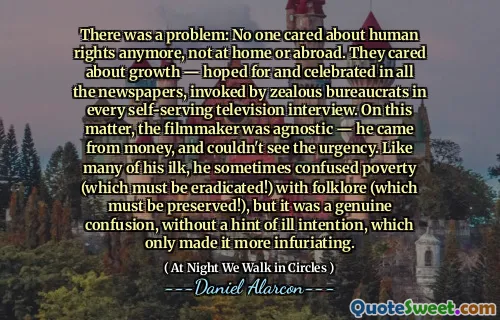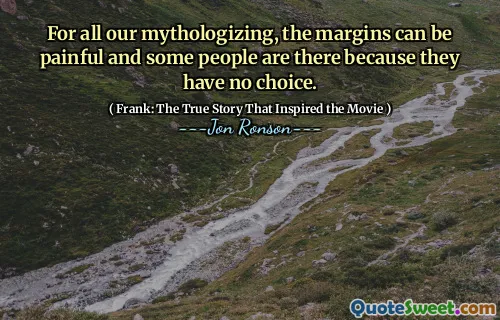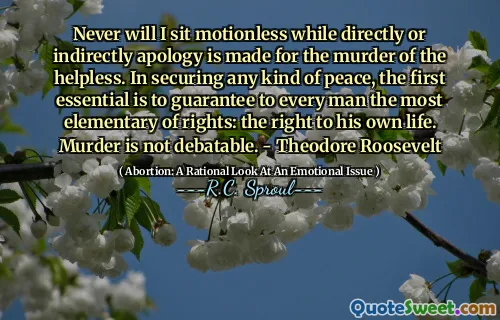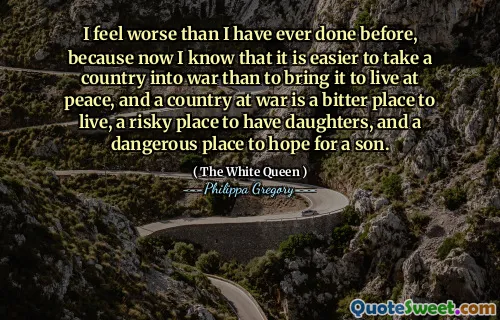
There was a problem: No one cared about human rights anymore, not at home or abroad. They cared about growth — hoped for and celebrated in all the newspapers, invoked by zealous bureaucrats in every self-serving television interview. On this matter, the filmmaker was agnostic — he came from money, and couldn't see the urgency. Like many of his ilk, he sometimes confused poverty (which must be eradicated!) with folklore (which must be preserved!), but it was a genuine confusion, without a hint of ill intention, which only made it more infuriating.
📖 Daniel Alarcon
This quote offers a bleak critique of societal priorities, emphasizing the widespread neglect of fundamental human rights in favor of economic growth. It highlights a pervasive apathy that permeates both domestic and international spheres, where media and political narratives celebrate prosperity while glossing over human suffering. The filmmaker's indifference, rooted in his privileged background, symbolizes a broader disconnect among the affluent and powerful—those who lack firsthand experience with the hardships faced by the marginalized. His confusion between eradicating poverty and preserving folklore underscores a troubling tendency to romanticize or sentimentalize social issues, rather than addressing them directly. This dichotomy exposes a superficial engagement with crucial matters, driven by convenience or tradition rather than genuine concern. The quote prompts reflection on the ethical responsibilities of those in influential positions, questioning how easily comfort and complacency can obscure urgent needs that demand collective action. It also serves as a reminder that true progress involves confronting uncomfortable truths, rather than dismissing them as mere cultural artifacts or external problems. The ambiguity of perception—seeing poverty as a problem to be eradicated, and culture as a cherished relic—mirrors the complex realities of social justice, where motivations and consequences are often tangled. Ultimately, it challenges us to consider our role in fostering a more empathetic and socially responsible society, where human rights are recognized as non-negotiable core values rather than optional priorities.






